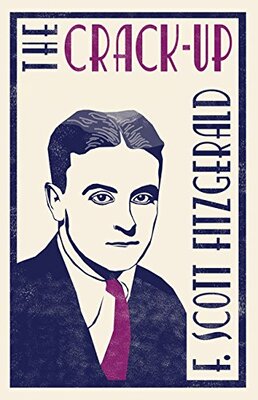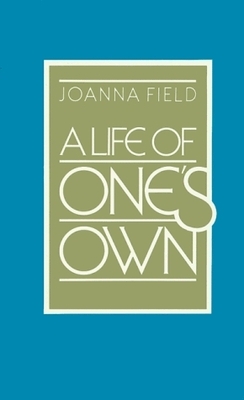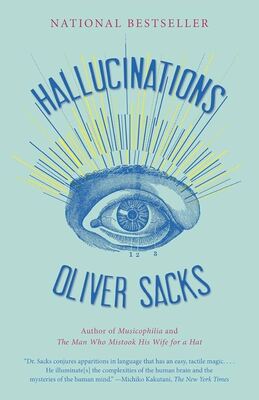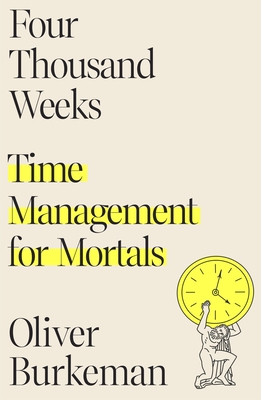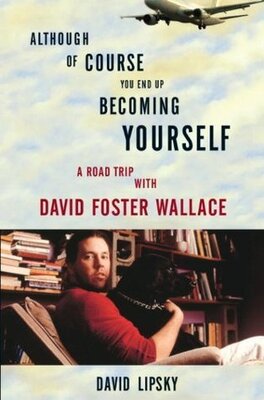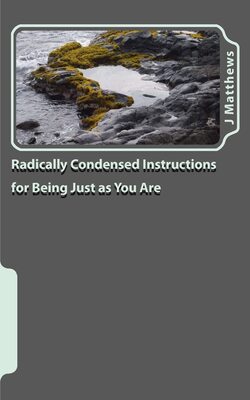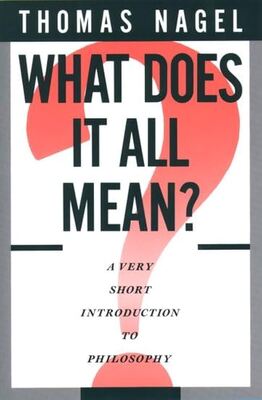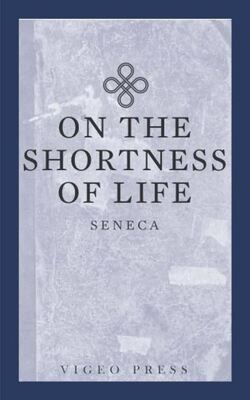
Ah, those days … for many years afterwards their happiness haunted me. Sometimes, listening to music, I drift back and nothing has changed. The long end of summer. Day after day of warm weather, voices calling as night came on and lighted windows pricked the darkness and, at day-break, the murmur of corn and the warm smell of fields ripe for harvest. And being young. If I’d stayed there, would I always have been happy? No, I suppose not. People move away, grow older, die, and the bright belief that there will be another marvellous thing around each corner fades. It is now or never; we must snatch at happiness as it flies.
the natural state of the sentient adult is a qualified unhappiness. I think also that in an adult the desire to be finer in grain than you are, “a constant striving” (as those people say who gain their bread by saying it) only adds to this unhappiness in the end—that end that comes to our youth and hope. My own happiness in the past often approached such an ecstasy that I could not share it even with the person dearest to me but had to walk it away in quiet streets and lanes with only fragments of it to distil into little lines in books—and I think that my happiness, or talent for self-delusion or what you will, was an exception.
I want to change my attitudes; it fills me with restlessness that I am always striving after something and I don't know what it is. I envy people, artists chiefly. I want to achieve the play attitude. By this I mean concentration in an activity which has no apparent use just for the delight of doing it. Why do I want this? I don't know quite, it just seems very desirable.
To live on a day-to-day basis is insufficient for human beings; we need to transcend, transport, escape; we need meaning, understanding, and explanation; we need to see overall patterns in our lives. We need hope, the sense of a future. And we need freedom (or at least the illusion of freedom) to get beyond ourselves, whether with telescopes and microscopes and our ever-burgeoning technology or in states of mind which allow us to travel to other worlds, to transcend our immediate surroundings. We need detachment of this sort as much as we need engagement in our lives.
Truly doing justice to the astonishing gift of a few thousand weeks isn’t a matter of resolving to “do something remarkable” with them. In fact, it entails precisely the opposite: refusing to hold them to an abstract and overdemanding standard of remarkableness, against which they can only ever be found wanting, and taking them instead on their own terms, dropping back down from godlike fantasies of cosmic significance into the experience of life as it concretely, finitely—and often enough, marvelously—really is.
To attend to something and yet want nothing from it, these seemed to be the essentials of the second way of perceiving. I thought that in the ordinary way when we want nothing from any object or situation we ignore it. Or if we are forced to attend to something which does not offer us any means of furthering our desires, then sheer habit makes us attend in the narrow focus way, looking at separate details and being bored. But if by chance we should have discovered the knack of holding wide our attention, then the magic thing happens.
We’re absolutely dying to give ourselves away to something. To run, to escape, somehow. And there’s some kinds of escape—in a sort of Flannery O’Connorish way—that end up, in a twist, making you confront yourself even more. And then there are other kinds that say, “Give me seven dollars, and in return I will make you forget your name is David Wallace, that you have a pimple on your cheek, and that your gas bill is due.” And that that’s fine, in low doses. But that there’s something about the machinery of our relationship to it that makes low doses—we don’t stop at low doses.
We try to run from the poignancy at the heart of existence into plans, project, fantasies, worries, regrets, and images of serenity and peace. Or we try to perfect it, ‘tweak’ it somehow. But it is already perfect, in that it transcends any concept we would have of it. If we must have a project, we can appreciate the mystery of existence without trying to resolve it into a specific feeling or understanding we will then articulate, control and repeat.
Part of the problem is that some of us have an incurable tendency to take ourselves seriously. We want to matter to ourselves “from the outside.” If our lives as a whole seem pointless, then a part of us is dissatisfied—the part that is always looking over our shoulders at what we are doing.
When people stop believing in an afterlife, everything depends on making the most of this life. And when people start believing in progress—in the idea that history is headed toward an ever more perfect future—they feel far more acutely the pain of their own little lifespan, which condemns them to missing out on almost all of that future. And so they try to quell their anxieties by cramming their lives with experience.
As long as you believe that the real meaning of life lies somewhere off in the future—that one day all your efforts will pay off in a golden era of happiness, free of all problems—you get to avoid facing the unpalatable reality that your life isn’t leading toward some moment of truth that hasn’t yet arrived.
New preoccupations take the place of the old, hope excites more hope and ambition more ambition. They do not look for an end to their misery, but simply change the reason for it.
The idea seems to be that we are in some kind of rat race, struggling to achieve our goals and make something of our lives, but that this makes sense only if those achievements will be permanent. But they won’t be. Even if you produce a great work of literature which continues to be read thousands of years from now, eventually the solar system will cool or the universe will wind down or collapse, and all trace of your efforts will vanish. In any case, we can’t hope for even a fraction of this sort of immortality. If there’s any point at all to what we do, we have to find it within our own lives.
Can anything be more idiotic than certain people who boast of their foresight? They keep themselves officiously preoccupied in order to improve their lives; they spend their lives in organizing their lives. They direct their purposes with an eye to a distant future. But putting things off is the biggest waste of life: it snatches away each day as it comes, and denies us the present by promising the future. The greatest obstacle to living is expectancy, which hangs upon tomorrow and loses today.
Perhaps the most appealing way to resist the truth about your finite time is to initiate a large number of projects at once; that way, you get to feel as though you’re keeping plenty of irons in the fire and making progress on all fronts. Instead, what usually ends up happening is that you make progress on no fronts—because each time a project starts to feel difficult, or frightening, or boring, you can bounce off to a different one instead. You get to preserve your sense of being in control of things, but at the cost of never finishing anything important.
But then, all our lives we postpone everything that can be postponed; perhaps we all have the certainty, deep inside, that we are immortal and that sooner or later every man will do everything, know all there is to know.
Our limited time isn’t just one among various things we have to cope with; rather, it’s the thing that defines us, as humans, before we start coping with anything at all.
If I think I must write one book, all the problems of how this book should be and how it should not be block me and keep me from going forward. If, on the contrary, I think that I am writing a whole library, I feel suddenly lightened: I know that whatever I write will be integrated, contradicted, balanced, amplified, buried by the hundreds of volumes that remain for me to write.
You act like mortals in all that you fear, and like immortals in all that you desire.
